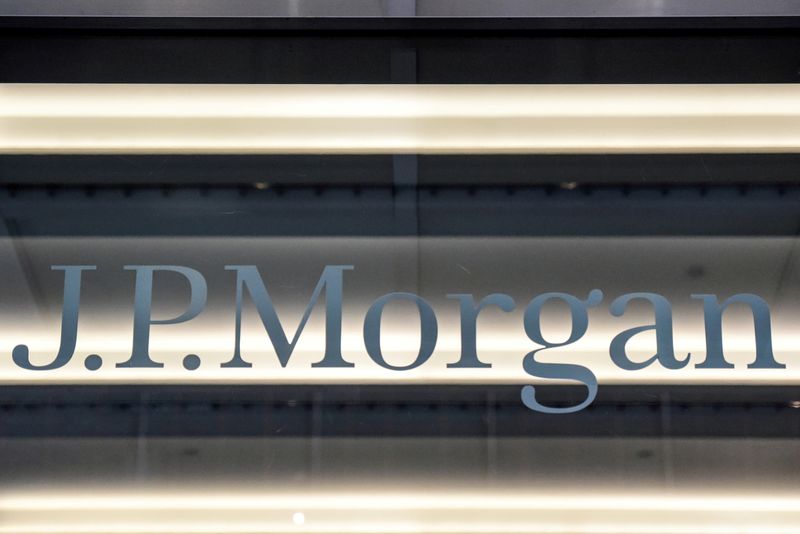By Rachel Savage
LONDON (Reuters) - Emerging market sovereign debt is at the "mercy" of the Federal Reserve's interest rate decisions, JPMorgan (NYSE:JPM) analysts said in a note on Monday, as the U.S. central bank's rate raises drain capital from developing markets.
JPMorgan removed Nigeria from its list of emerging market sovereign recommendations that investors should be 'overweight' in, saying the country had not taken advantage of high oil prices, while adding Serbia and Uzbekistan.
Last week, the Fed raised its benchmark overnight interest rate by half a percentage point, the biggest jump in 22 years, as it seeks to tame high inflation while its rate increases also buffet higher-yielding emerging markets.
JPMorgan's Emerging Markets Bond Index Global Diversified (EMBIGD) index has fallen 16% this year, the analysts said, "with most of the losses having come from rates" and $4 billion in net outflows from emerging markets since mid-April.
"The external and fundamental backdrop has become increasingly difficult for EM sovereigns," the analysts said. "The COVID lockdown in China poses further downside risks."
They noted that riskier sovereign yields were now 10.6%, the highest level since the first wave of the coronavirus pandemic in April 2020, reducing market access and increasing the risk of debt defaults.
However, the analysts said the "front-loaded pain" for emerging market bonds, which they said had begun underperforming in September 2021, was a positive.
Russia's invasion of Ukraine in February caused commodity prices to spike, benefiting exporters. The over-performance of bonds issued by oil exporters now "looks to have played out", JPMorgan said.
The analysts said Nigeria's national oil company did not transfer any revenue to the government from January to March this year, due to petrol subsidies and low oil production, as it moved Nigeria's debt out of the bank's 'overweight' category.
"Nigeria's fiscal woes amid a worsening global risk backdrop have raised market concerns despite a positive oil environment," they said.
It moved Serbia to 'overweight' as risks had been priced in and the country had high reserves and a fiscally cautious government, the note said, while relatively low debt despite Russian exposure led them to put Uzbekistan in the same category.
